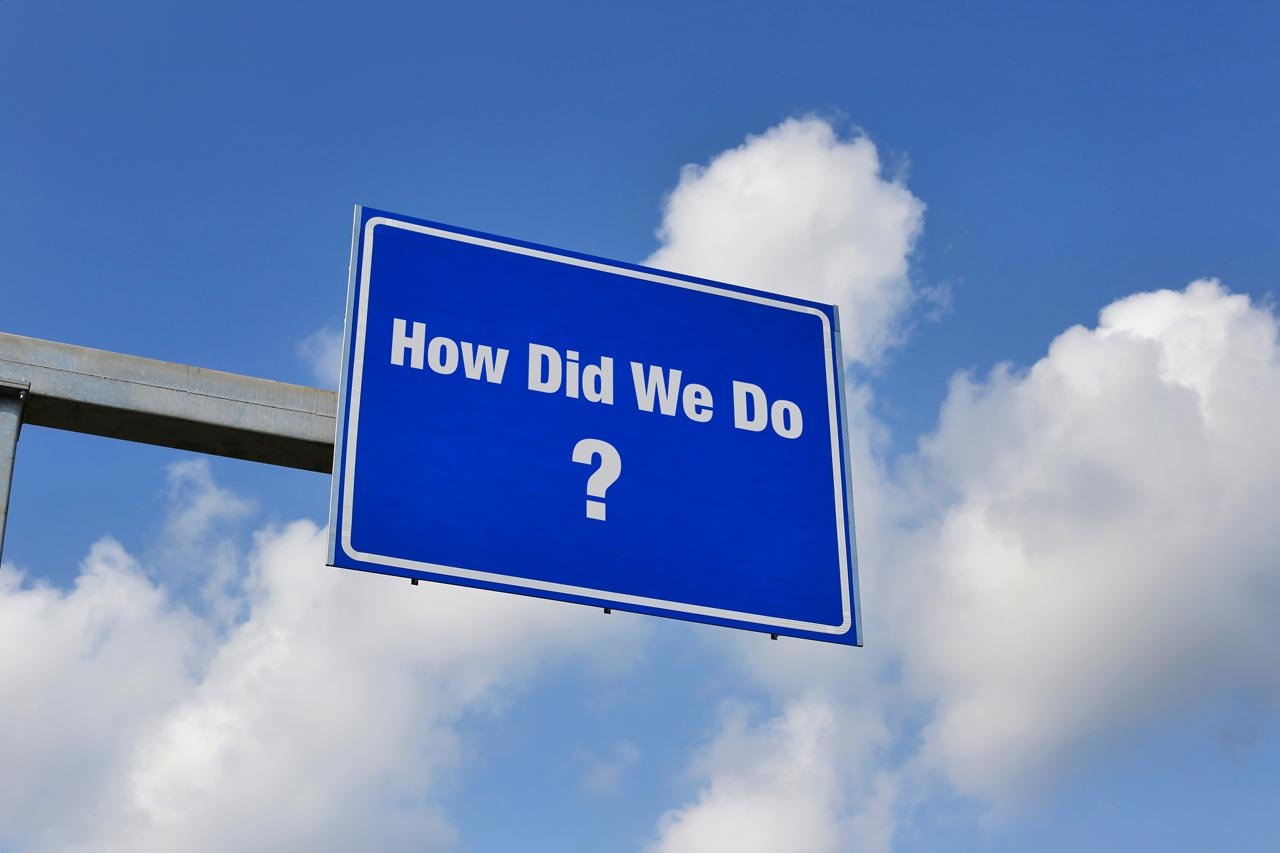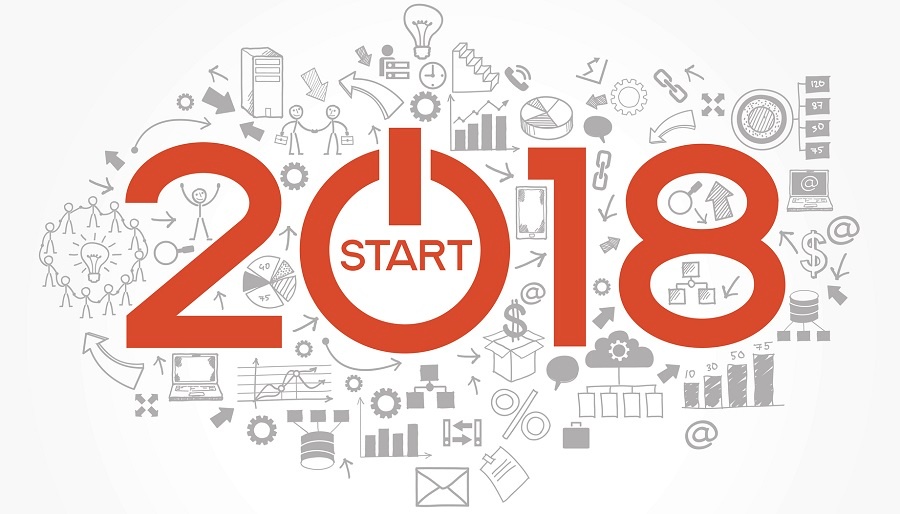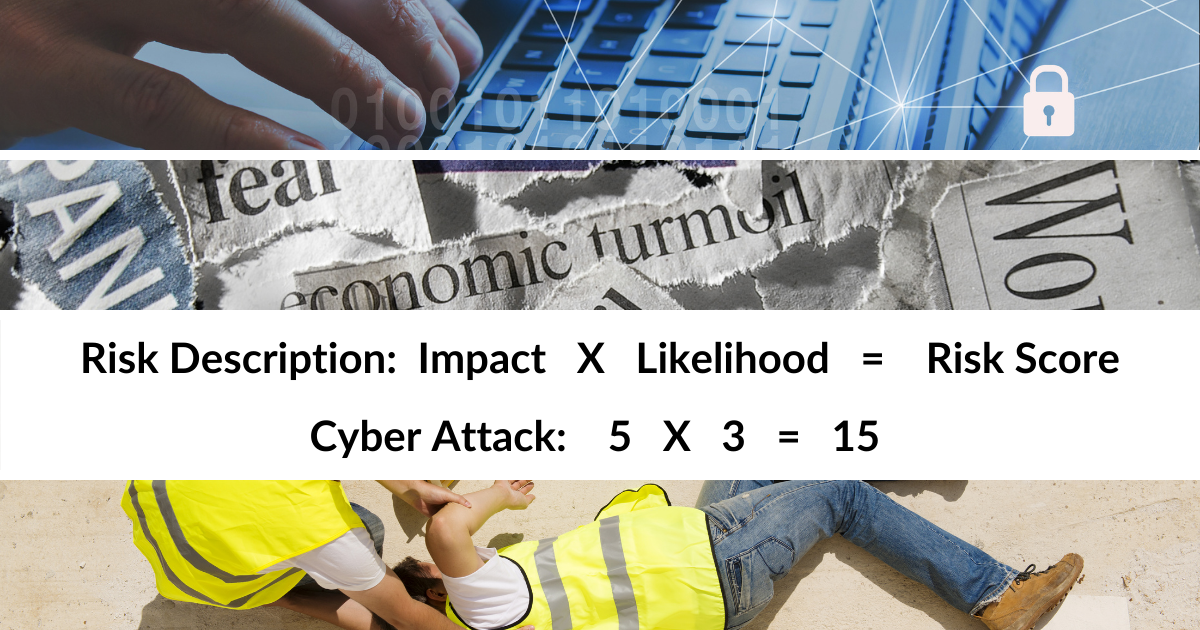The Three Crises That Most Mattered in 2017

Depending on your point of view, 2017 was either a terrible year for crises – or one of the most interesting in living memory.
For those of us in the business of identifying and anticipating organizational risk and preparing crisis preparedness plans for 2018, it was the latter.
So which of the many fascinating high profile crises over the past 12 months had most to teach the rest of us?
This is our top three:
#1 – United Airlines & Dr Dao:
They will be teaching this one in college classrooms and industry seminars for years.
There are so many lessons, but let’s focus on the two biggies, speed of response and the role of social media in accelerating a reputational threat.
The incident on the plane in Chicago took place on a Sunday. United Airlines initial, inadequate response (you will recall its first statement was a message of support for its staff, with no apology or regret) smacked of an organization trying to buy a little time until everyone got back to the office on Monday.
By Monday, the issue was out of control and United were in full crisis mode. Arguably had it been handled better on the Sunday, it would have been a faintly embarrassing incident but nothing more.
And the big reason it got away from United in those 24 hours was social media. It felt like just about every passenger on that flight had whipped out their smartphones to record videos of the unsightly scenes and then posted it on their social media accounts.
#2 – Equifax & the data leak:
This also is likely to sit on the PR education curriculum for years to come.
Again, we will focus on two big lessons.
One is that any decent, up-to-date crisis response plan must anticipate some form of lapse in cyber security. The other is that, despite the nature and speed of crises having been dramatically impacted by our digital world, the core principles of crisis management largely remain unchanged.
Equifax were not the only major organization caught out by a major data leak in 2017. Uber, Chipotle and many others fell to this most modern of crises.
What was astonishing about Equifax was that, despite being an organization whose reason for being to is to accumulate and apply a large amount of sensitive data, it seemed to be more surprised than anyone when someone attempted to steal the information.
Having apparently failed to envisage the need for any but the most basic cyber security steps, Equifax clearly had no communication plan in place should such a crime be perpetrated. It was weeks before it shared the news with its own board, never mind the consumers whose data was compromised.
Then the clumsy and aggravating way it made ‘amends’ to those consumers, made it clear that no-one in the organization understood the crisis response principles of taking ownership, transparent communication and managing key stakeholders.
#3 Pepsi & Dove take on social issues:
This is two different incidents from two very different well-known consumer products, but the lessons are similar and represent a likely increasing risk into 2018.
Generational expectations, particularly from millennials who have now overtaken boomers as the largest generation, is forcing consumer goods companies to take a position on major social and cultural issues. Study after study underlines that younger buyers will reward companies that stand-by a cause or belief that matters to these consumers.
However, this comes with new cultural and social risks that must be anticipated and managed.
A robust crisis plan will have scenarios for what happens when a miss-step occurs and your brand is accused of a lack of authenticity or even betraying the very cause it was trying to support.
For Pepsi, the storm occurred when it published a video starring Kendall Jenner that attempted to celebrate the Black Lives Matter movement. The sentiment on social media was that neither Pepsi not Ms. Jenner had any credibility to do so in the name of selling more soda.
The usually adroit and smart Dove brand, got a little clumsy in the latter half of the year – no more so, when it was interpreted by many that a video appeared to suggest that the soap could turn a woman’s black skin to white skin.
In our next blog, we’ll conclude our look back at the year by teasing out the observations from these and other crises to build a list of the five most crucial crisis lessons we learned in 2017.










